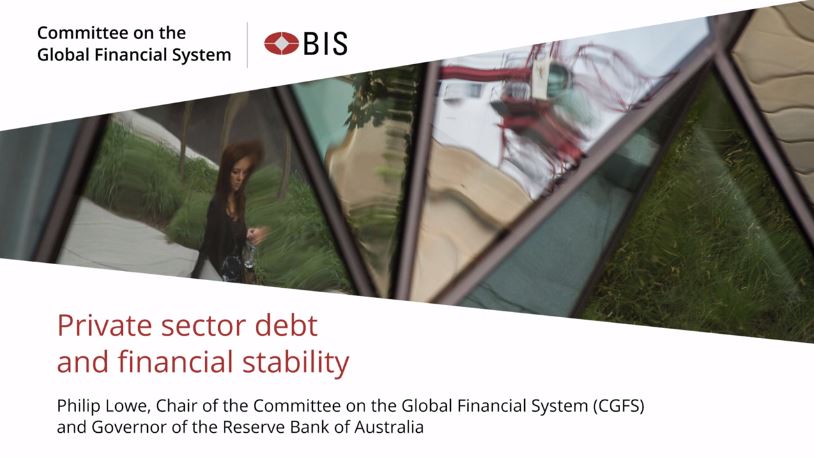Debt financing can spur economic growth but may also pose risks to financial stability and macroeconomic performance. Private non-financial sector debt increased to an all-time high of around 170% of world GDP during the Covid-19 pandemic, spotlighting the role of debt in supporting economic activity as well as the associated risks. Central bank frameworks for monitoring debt vulnerabilities were strengthened in the years prior to the Covid-19 crisis. Central banks have made increasing use of sectoral and entity-level data to look beneath aggregate figures that might conceal vulnerabilities; the distribution’s tail often provides a better signal of debt vulnerabilities than the middle. Continue reading…
The message is clear: organisations must be held accountable for their social and environmental footprint. Therefore, it’s inevitable that speaking up becomes the next social…
Download whitepaper











